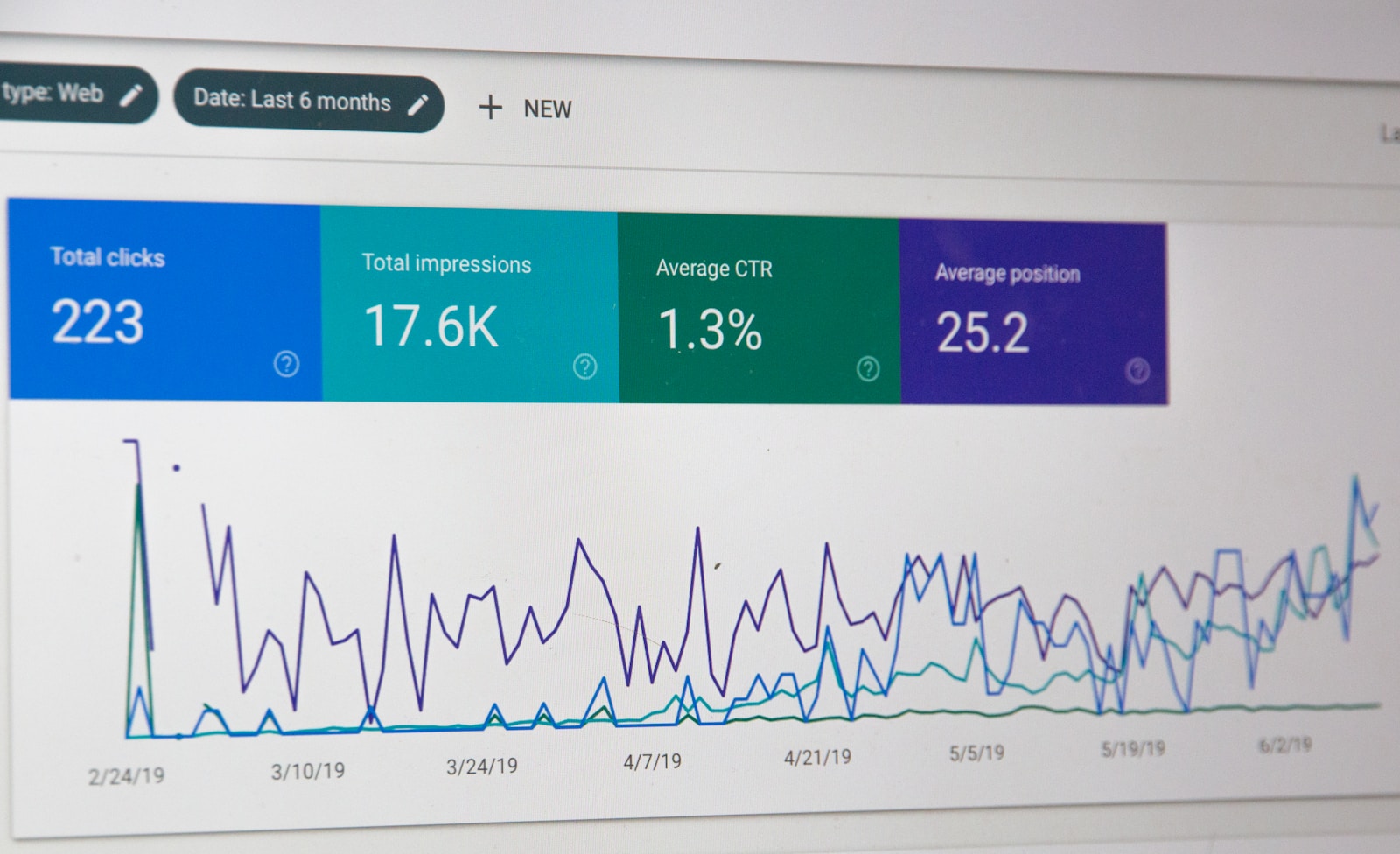Choosing the Right Coach
When diving into the world of online fitness coaching, the credentials of a coach matter significantly. A coach with recognized certification from established bodies like the National Academy of Sports Medicine (NASM) or the American Council on Exercise (ACE) ensures they have a solid foundation in fitness principles and safety. These certifications often require continuing education, keeping coaches up-to-date with the latest fitness trends and research.
Specialties play a crucial role in matching with the perfect online coach. Some coaches might focus on weight loss, others on muscle gain or athletic performance. If you have specific goals like running a marathon or improving flexibility, seeking a coach with expertise in those areas can make your journey more efficient and enjoyable.
Understanding the coach's experience level provides insight into their ability to tailor programs to meet individual needs. Coaches who have successfully worked with clients similar to you will likely understand your challenges and goals better. If possible, review client testimonials or case studies to gauge the coach's success rate and style.
Communication style is another critical factor. With online coaching, most interactions happen through messages or video calls. A coach's ability to communicate clearly and motivate from afar can significantly impact your progress and overall experience. It's a good idea to have an initial conversation to see if the way they communicate aligns with your preferences.
Personal compatibility cannot be overlooked. Your coach will be a significant part of your fitness journey. Feeling comfortable and connected with them can help you stay motivated and committed to your goals. It's perfectly fine to switch coaches if the first one doesn't feel like the right fit, as rapport is key to a successful partnership.
Consider privacy policies and professionalism. Your health data and progress are sensitive information, and a reputable coach should adhere to strict privacy measures to ensure your data is protected. Observing their level of professionalism during your preliminary interactions can offer important cues about how they run their coaching program.
By carefully considering these aspects, you're more likely to choose an online fitness coach who can guide you effectively towards achieving your health and fitness objectives. The right coach will not only have the skills and knowledge but also understand and align with your personal fitness journey, encouraging and pushing you towards your goals with the right balance of toughness and understanding.

Custom Workout Plans
Creating an effective custom workout plan requires a detailed understanding of an individual's fitness goals, current fitness level, lifestyle, and the resources they have available. This personal information forms the basis of any successful online fitness program. Tailoring each element ensures that the plan is not only achievable but also maintains the client's interest and motivation over time.
Step 1: Goal Setting
The first step in crafting a custom workout plan is to establish clear, achievable fitness goals. Goals can range from weight loss, muscle gain, improved endurance, flexibility, or preparing for a specific event. Understanding what the client aims to achieve helps guide the workout's direction and focus.
Step 2: Assess Current Fitness Level
An initial assessment of the client's current fitness level is crucial. This may involve a series of simple exercises to gauge endurance, strength, and flexibility. This step ensures that the plan starts at the right intensity level to challenge the client without risking injury or overwhelming them.
Step 3: Consider Lifestyle and Availability
Each client's daily routine, commitments, and availability to dedicate to physical activity are considered. Plans for a busy parent may look different from those of a college student with more flexible timing. This step guarantees that the workout fits seamlessly into the client's life, promoting consistency and long-term commitment.
Step 4: Inventory Available Resources
Workout plans need to match the equipment and space the client has access to. This might mean designing bodyweight routines for those without gym access or leveraging home gym setups for more varied workouts. This ensures the client can perform exercises as intended without makeshift adjustments.
Step 5: Constructing the Plan
With the foundational knowledge of goals, fitness level, lifestyle, and resources, the coach can now construct the workout plan. This includes deciding workout days, rest days, and the allocation of different exercise types (e.g., cardio, strength training, flexibility exercises) based on the established goals. The plan should start with foundational exercises and gradually introduce more complex movements to encourage progression.
Step 6: Emphasizing Variety and Progression
To prevent plateauing and maintain engagement, workout plans should offer variety in exercises, intensities, and modalities. This keeps the training challenging and interesting. Incorporating progression principles, such as gradually increasing weights or intensity, ensures that clients continue to see improvements.
Step 7: Adaptation and Feedback
A unique advantage of online coaching is the capacity for ongoing adaptation of workout plans based on client feedback and progress. Regular check-ins allow adjustments to be made promptly, whether to increase challenge, substitute exercises due to unforeseen limitations, or realign the plan with evolving goals.
Building custom workout plans involves a dynamic interplay between the coach's expertise and understanding of fitness principles and a deep personal insight into the client's unique situation and needs. This individualization is the cornerstone of not just achieving fitness goals but also fostering a sustainable lifestyle change.
Nutrition and Accountability
For many embarking on a fitness journey, the challenge often lies not just in the physical exertion of workouts but also in maintaining a nutritious diet. Online fitness coaches adopt a comprehensive approach, balancing exercise with dietary guidance to optimize overall well-being and performance. The key strategies involve meal planning, dietary adjustments, and fostering accountability, each facilitated by advances in technology to ensure clear communication and trackable progress.
Meal Planning
The foundational step online coaches take is developing personalized meal plans tailored to each client's dietary preferences, goals, and nutritional needs. Whether the objective is weight loss, muscle gain, or enhancing athletic performance, having a structured eating plan can significantly impact results. Coaches often work to understand their clients' lifestyles, food preferences, and any allergies or dietary restrictions to create realistic and sustainable meal plans. This might involve recommending specific foods that align with their energy and nutritional requirements or suggesting healthy substitutions for favorite dishes that may not fit into their current dietary goals.
Dietary Adjustments Based on Progress
As clients progress in their fitness journey, their nutritional needs can change. Regular check-ins on weight, body measurements, energy levels, and overall well-being allow coaches to fine-tune diet plans to meet evolving demands. This could mean adjusting calorie intake, macronutrient ratios, or incorporating supplements to address nutrient deficiencies. The agility of online coaching programs enables quick dietary adjustments to ensure the nutrition aspect of the fitness plan remains aligned with the client's evolving goals and preferences.
Technology-Enabled Accountability
One of the most significant advantages of online fitness coaching is the use of technology to maintain a seamless communication channel between the coach and client. Apps and platforms designed for fitness coaching incorporate features for meal tracking, where clients can log their daily food intake, water consumption, and even mood or energy levels. Coaches can review these logs in real-time, providing feedback, encouragement, or adjustments as necessary. Regular check-ins via video calls or messaging platforms not only keep clients accountable to their dietary plans but also foster a supportive relationship, making the journey less daunting.
Wearable technology like fitness trackers syncs with coaching apps to offer a holistic view of a client's daily activity, sleep patterns, and calorie burn, all of which influence nutritional needs. This integration allows coaches to tailor dietary recommendations with a high level of precision based on actual data rather than estimations.
The strategic combination of personalized meal planning, adaptive dietary recommendations, and leveraging technology for accountability forms the crux of nutrition management in online fitness coaching. This approach not only promotes physical betterment through exercise but also instills lifelong habits of healthy eating. By maintaining this balance and open line of communication, clients are better positioned to meet their fitness goals while feeling supported every step of the way.
- Thompson WR. Worldwide survey of fitness trends for 2021. ACSM's Health & Fitness Journal. 2021;25(1):10-19.
- Waryasz GR, Daniels AH, Gil JA, Suric V, Eberson CP. Personal trainer demographics, current practice trends and common trainee injuries. Orthopedic Reviews. 2016;8(3):6600.
- Gupta A, Suri S, Gupta A, Jaiswal N. The role of technology in promoting physical activity and weight management. Current Obesity Reports. 2021;10(3):271-281.



